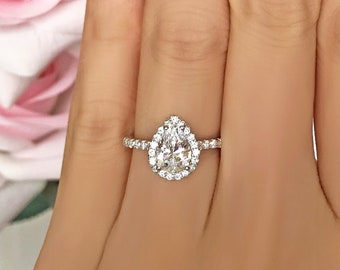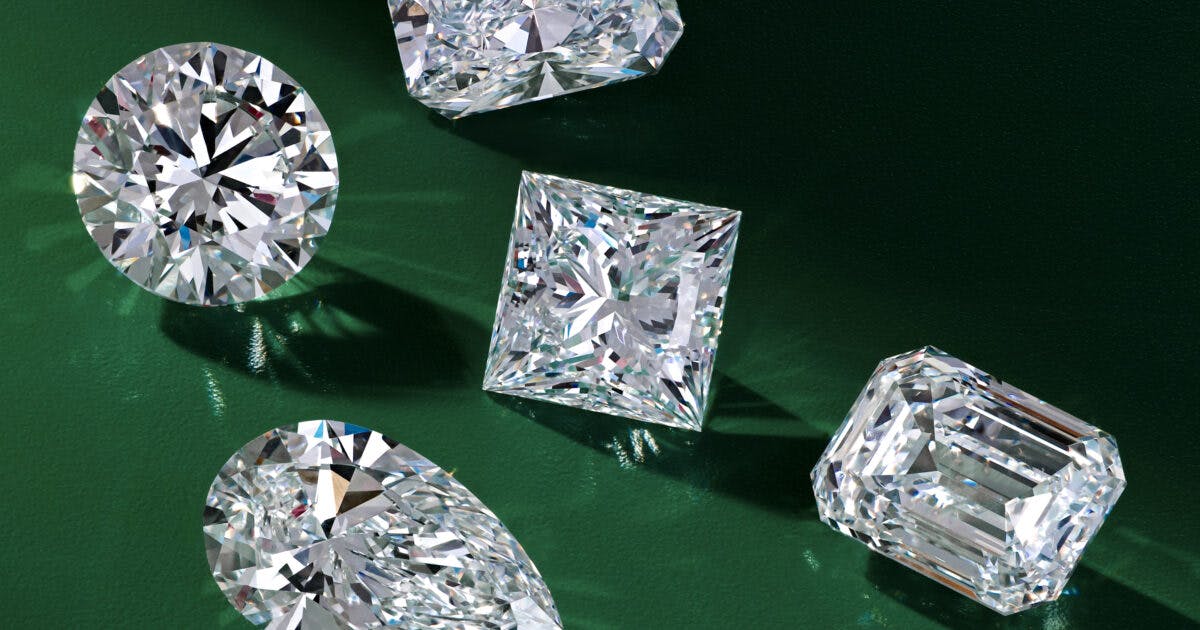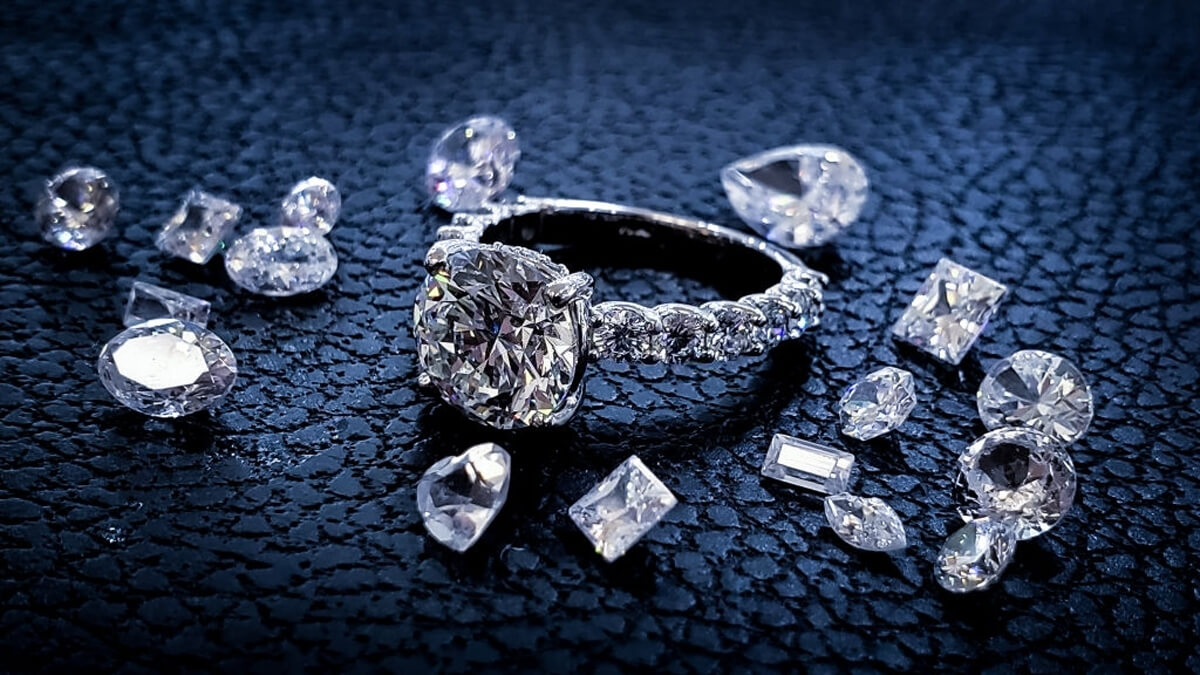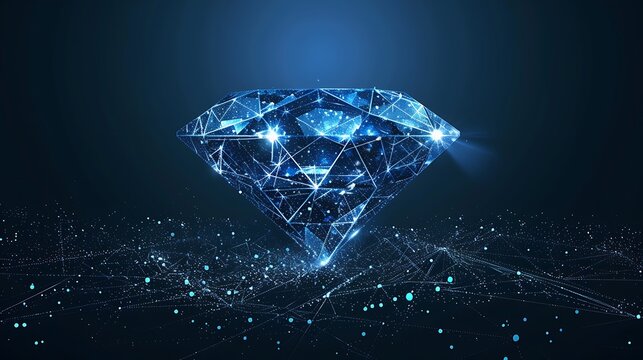In the world of diamonds, certification is paramount. It ensures authenticity, quality, and value. When it comes to choosing between IGI (International Gemological Institute) and GIA (Gemological Institute of America), understanding the nuances of their certifications can make a significant difference in your purchasing decision.
Introduction
Buying a diamond involves more than just choosing a sparkling gem. It’s about ensuring that what you’re buying is genuine and accurately graded. This article dives into the comparison between igi vs gia, two prominent names in the diamond certification industry, to help you make an informed choice.
What is IGI?
IGI, or the International Gemological Institute, has been a key player in diamond grading since its establishment in 1975. Known for its global presence and rigorous standards, IGI provides certification services that are widely recognized in the industry. The institute offers comprehensive reports that detail the quality and characteristics of diamonds, aiding both consumers and businesses in their transactions.
History and Background
IGI was founded with the mission to provide reliable gemological evaluations and certifications. Over the decades, it has expanded its footprint across multiple continents, earning a reputation for thoroughness and integrity in grading diamonds of all sizes and qualities.
Accreditation and Credibility
As a leading gemological institute, IGI is accredited by various industry bodies and adheres to strict grading criteria. Its reports are trusted by jewelers and consumers alike, reflecting its commitment to accuracy and professionalism.
Services Offered
IGI provides a range of services beyond diamond grading, including educational programs and research initiatives aimed at advancing gemological knowledge worldwide. Its expertise extends to colored gemstones and jewelry pieces, catering to diverse segments of the market.
What is GIA?
GIA, the Gemological Institute of America, lab grown diamonds, holds a legendary status in the diamond industry, dating back to 1931. Renowned for its research-driven approach and unwavering standards, GIA sets the benchmark for diamond grading worldwide, influencing market trends and consumer confidence.
History and Reputation
Founded with a mission to protect consumers and uphold ethical standards in gemology, GIA pioneered many advancements in gemological research and education. Its contributions have shaped the way diamonds are evaluated and traded globally.
Accreditation and Standards
GIA’s grading laboratories are among the most respected in the world, accredited by industry watchdogs and governmental bodies. Its commitment to accuracy and consistency is reflected in the meticulous grading processes developed over decades of research and refinement.
Services Offered
Beyond diamond grading reports, GIA offers educational programs, gem identification services, and research initiatives aimed at advancing gemological knowledge. Its influence spans the entire supply chain, from mining to retail.
igi vs gia: Certification Standards
Both IGI and GIA adhere to strict grading standards, but there are notable differences in their grading criteria and scales. Understanding these nuances can impact how diamonds are perceived in terms of quality and value.
Differences in Grading Criteria
IGI and GIA use similar methodologies to assess diamonds based on the 4Cs (Cut, Color, Clarity, and Carat Weight). However, subtle variations in interpretation and grading protocols may lead to differences in the final grade assigned to a diamond.
Comparison of Grading Scales
While both institutes use standardized grading scales, GIA’s scale is widely considered the industry standard. Its grading terminology and descriptors have become universally recognized, influencing consumer expectations and market prices.
igi vs gia: Diamond Grading Process
The process of grading diamonds involves meticulous examination and analysis by trained gemologists. Understanding how IGI and GIA conduct their evaluations sheds light on the reliability and accuracy of their certification reports.
Step-by-step Overview
IGI and GIA follow comprehensive grading procedures that involve examining each diamond under controlled conditions. Factors such as light performance, fluorescence, and inclusion types are scrutinized to determine the overall quality grade.
Importance of Accuracy and Consistency
Accuracy in diamond grading is crucial for maintaining consumer trust and market integrity. Both IGI and GIA emphasize consistency in their grading processes, supported by ongoing research and training programs for their staff.
igi vs gia: Global Recognition
The recognition of a diamond certification body can significantly influence its perceived value and market acceptance. Understanding how IGI and GIA are perceived globally provides insights into their respective roles in the diamond industry.
Market Acceptance and Trust
GIA’s longstanding reputation and standardized grading practices have earned it global trust among consumers, retailers, and investors. Its reports are often preferred for high-value diamonds due to their consistency and industry-wide recognition.
Influence on Diamond Pricing
Certification by GIA can enhance the marketability of diamonds, influencing pricing strategies based on perceived quality and consumer confidence. IGI-certified diamonds, while also reputable, may not always command the same premium due to varying market perceptions.
igi vs gia: Turnaround Time
Efficiency in certification processing can impact business operations and consumer satisfaction. Comparing the turnaround times of IGI and GIA provides insights into their operational efficiencies and service levels.
Efficiency of Certification Processes
IGI and GIA strive to provide timely certification services, but turnaround times may vary depending on workload and geographic location. Factors such as rush services and international shipping can also influence how quickly a diamond can be certified.
Impact on Purchasing Decisions
For consumers and businesses, faster certification turnaround times can expedite transactions and inventory management. Understanding the expected timelines of IGI and GIA certifications helps in planning and decision-making processes.
igi vs gia: Cost of Certification
The cost associated with diamond certification services can vary based on several factors, including the institute, the complexity of the evaluation, and additional services requested. Comparing the fee structures of IGI and GIA provides clarity on their respective value propositions.
Fee Structures and Affordability
IGI and GIA offer transparent fee structures for their certification services, with pricing influenced by the type and size of the diamond being evaluated. While IGI may offer competitive pricing, GIA’s premium is often justified by its global reputation and stringent grading standards.
Value Proposition for Consumers
Choosing between IGI and GIA involves weighing the cost of certification against the perceived value and marketability of the diamond. For high-value stones, the added assurance of a GIA certificate may justify the higher cost, whereas IGI certifications offer a more accessible option for budget-conscious buyers.
Which Certification to Choose?
The decision to opt for an IGI or GIA certification depends on various factors, including budget, market preferences, and personal preferences. Evaluating these considerations can guide consumers and businesses towards selecting the most suitable certification for their needs.
Factors Influencing the Choice
Considerations such as brand reputation, grading accuracy, turnaround times, and cost-effectiveness play crucial roles in determining whether IGI or GIA certification aligns better with specific objectives and preferences.
Recommendations Based on Needs
For consumers seeking reputable certifications at competitive prices, IGI provides a viable option with global recognition. On the other hand, GIA remains the preferred choice for high-end diamonds and collectors due to its unparalleled reputation and standardized grading practices.
igi vs gia: Customer Reviews and Feedback
The experiences of buyers and sellers with IGI and GIA certifications offer valuable insights into their service quality, reliability, and overall satisfaction. Customer feedback can influence perceptions and decisions within the diamond industry.
Experiences of Buyers and Sellers
Feedback from individuals who have used IGI or GIA certification services provides firsthand accounts of their experiences, highlighting strengths and areas for improvement. Positive reviews often underscore reliability and professionalism, while constructive criticism may address issues related to consistency or communication.
Reputation in the Industry
Both IGI and GIA maintain solid reputations within the diamond industry, backed by years of expertise and commitment to excellence. Their contributions to gemological research and consumer protection have shaped industry standards and practices.
Current Trends in Certification
The landscape of diamond certification continues to evolve with advancements in technology and shifts in consumer expectations. Staying informed about emerging trends can help stakeholders navigate the dynamic marketplace more effectively.




